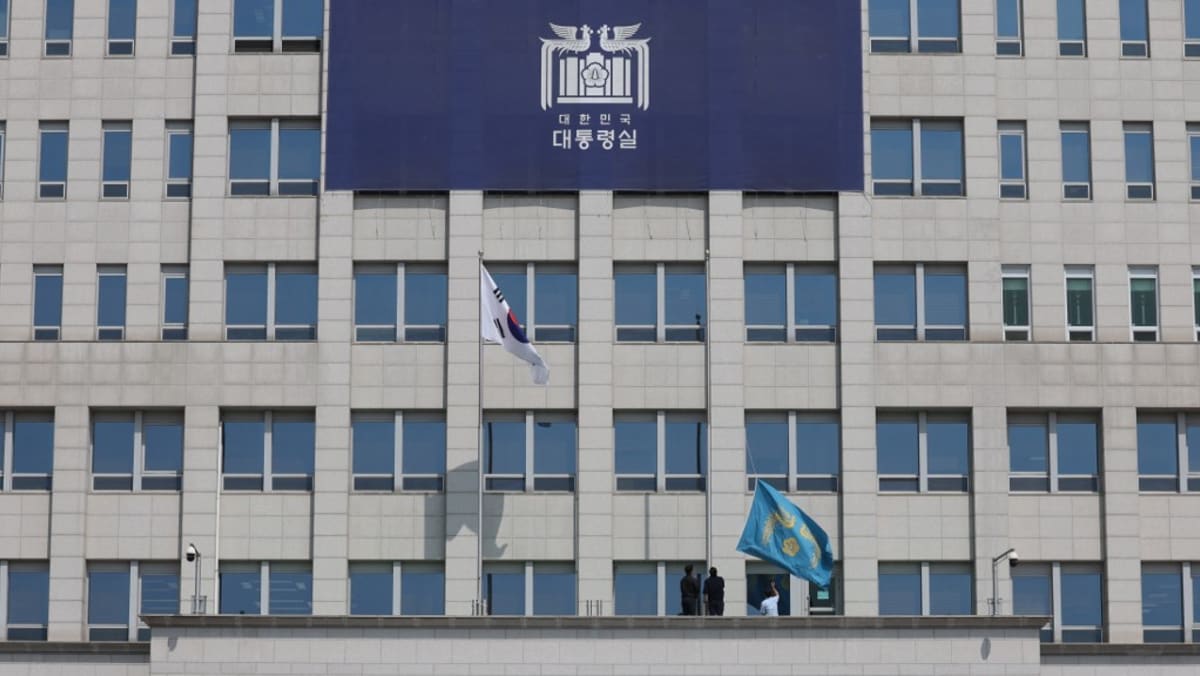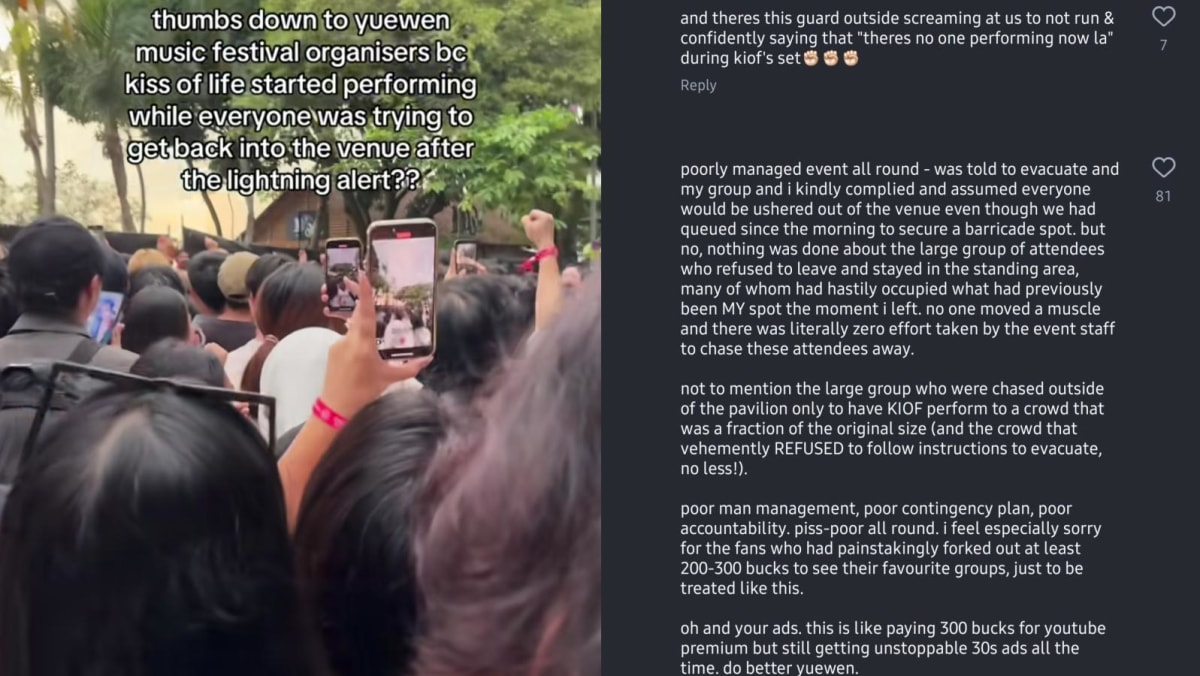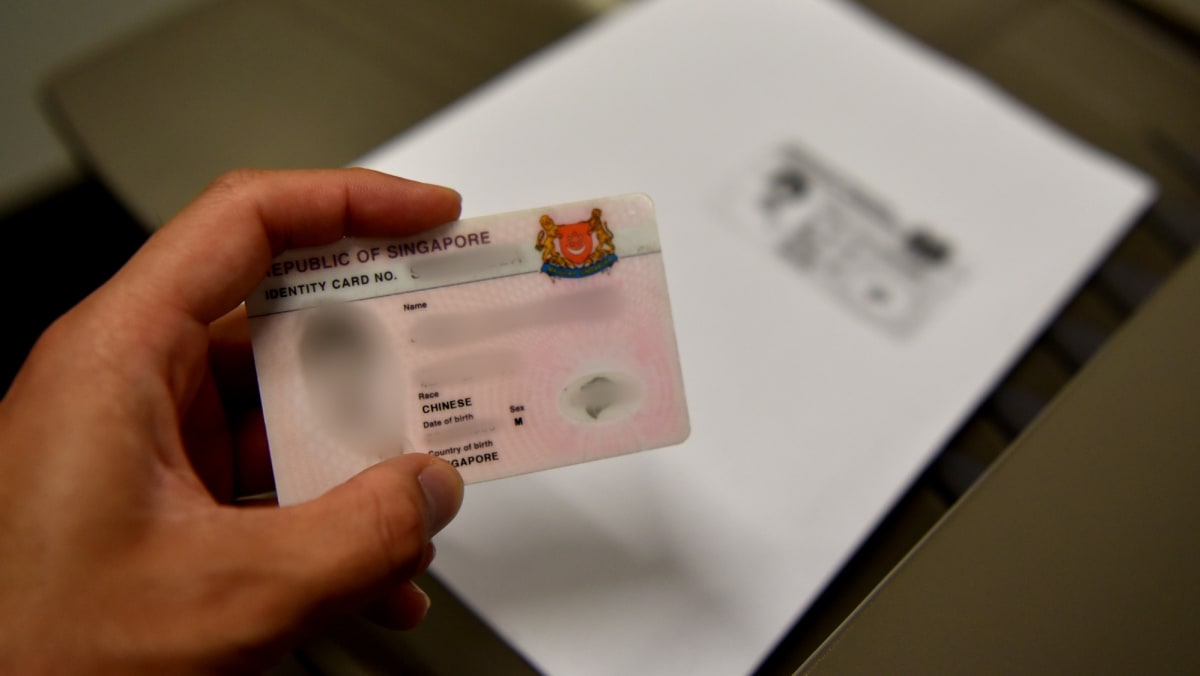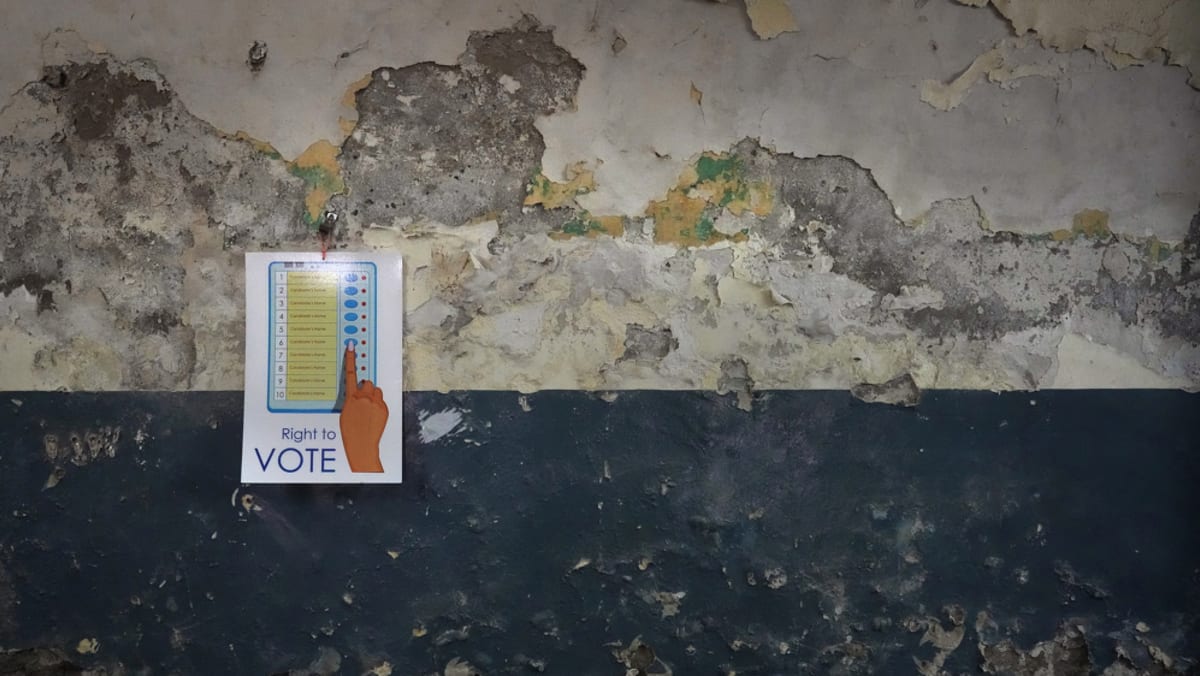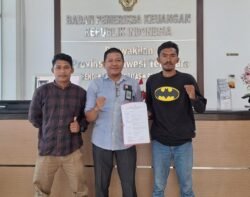Acting as a money mule comes with serious legal and financial consequences. DBS’ industry-first Anti-Mule Team is dedicated to curbing the misuse of bank accounts.

In Singapore, first-time money mules may face up to two years in prison, fines of up to S$5,000 or both, in addition to losing access to personal banking services. Photos: Shutterstock
New: You can now listen to articles.

This audio is generated by an AI tool.
In October 2024, a 77-year-old woman fell prey to a scammer who convinced her to withdraw S$250,000 and deposit it into a DBS bank account, purportedly to resolve a credit card fraud in her name.
Fortunately, this unusual transaction was quickly detected by the DBS Anti-Mule Team, which had already flagged the receiving account as suspicious. Working with the Singapore Police Force’s (SPF) Anti-Scam Centre, the team traced and intercepted the funds. The money had been directed to an account belonging to a 25-year-old woman who allegedly sold her bank account and Singpass credentials for S$600. She was subsequently arrested.
There is a common misconception that individuals bear no responsibility if they are not directly involved in generating criminal funds. However, acting as a money mule – someone who transfers illicit funds on behalf of criminals to disguise their origin – is indeed a criminal offence. New laws introduced in 2023 specifically target money mules who assist criminals in laundering funds derived from scams, fraud and other illicit activities such as drug trafficking.
WHY BEING A MONEY MULE DOESN’T PAY
Acting as a money mule carries significant legal and financial penalties. In Singapore, first-time offenders can face up to two years in prison, fines of up to S$5,000 or both. In addition, they may lose access to personal banking services, which can hinder employment prospects.
“We routinely monitor accounts for suspicious activities,” explained Mr Chris Huang, who leads DBS’ Anti-Mule Team. “If someone is identified as a money mule, their account may be frozen, restricting access to their funds. In some cases, these accounts may even be permanently closed.”
Despite these risks, money muling has been on the rise in Singapore. According to the Ministry of Home Affairs, SPF investigated over 7,800 persons for money mule activities in 2022, a figure that climbed to over 9,600 the following year. Many of these money mules are youths and students lured by the promise of quick cash.
While some money mules knowingly disregard the illegality of selling their banking and personal details, others are unwittingly ensnared through fraudulent job offers promising easy cash for seemingly simple tasks like receiving and forwarding payments using their bank accounts.
“Some individuals fall victim to romance scams, believing they are helping someone they trust,” added Mr Huang. “Others are drawn in by social media or email offers for ‘work from home’ roles that involve handling payments for supposed businesses.”
If you suspect that you have inadvertently given a scammer access to your DBS bank account, you should promptly call DBS’ fraud hotline at 1800 339 6963 if you are in Singapore, or +65 6339 6963 if you are overseas. Assistance is also available at any DBS or POSB branch.
STEPPING UP EFFORTS TO COMBAT MONEY MULES

Efforts to combat money muling are paramount as money mules are often linked to larger criminal networks. These include transnational scam syndicates and organised crime groups involved in money laundering, terrorism financing, drugs or human trafficking.
“By actively working to prevent money muling, banks can collectively create a more secure and trustworthy banking environment for customers while contributing to the disruption of organised crime,” said Mr Huang.
In September 2023, DBS launched Singapore’s first Anti-Mule Team. This team of investigative specialists bolsters the bank’s existing anti-scam efforts, which include the Anti-Scam Team set up in 2019 and DBS staff stationed at SPF’s Anti-Scam Centre to support real-time scam interventions.
DBS’ approach to scams and illegal transactions focuses on pre-emptively identifying money mules and removing these malicious actors from the banking ecosystem before they strike, while also supporting SPF in joint operations and facilitating the recovery of funds. These efforts align with DBS’ commitment to protecting customers from scams by reducing the availability of money mule accounts and disrupting criminal syndicates through the freezing of suspected illicit proceeds.
To date, DBS has conducted more than three joint operations with SPF, seizing over S$8.5 million from compromised retail and corporate accounts. These efforts underscore the robust public-private partnership between the Government and banks.
Recognising the need to generate awareness among younger audiences, DBS launched a series of TikTok videos last year about the dangers of becoming a money mule, with each video garnering over 70,000 views.
This public education initiative comes amid a concerning trend of scam syndicates using social media and messaging platforms to recruit youths with the promise of quick cash. Rates are openly advertised, with some posts on platforms like Telegram offering as much as S$7,000 for an individual’s Singpass credentials, which can then be used to open bank accounts for laundering criminal proceeds.
DBS urges customers to refuse any requests to use their bank accounts or facilitate transactions for others. Participating in such activities carries legal and criminal repercussions, as individuals may be held accountable if these transactions are linked to criminal activity.
“Be wary of any job offers that sound too good to be true, and remember that banks will never ask for your banking or Singpass details over the phone or via text message,” advised Mr Huang.
For tips on avoiding scams or unwittingly becoming a money mule, visit the DBS Bank Safely Hub.



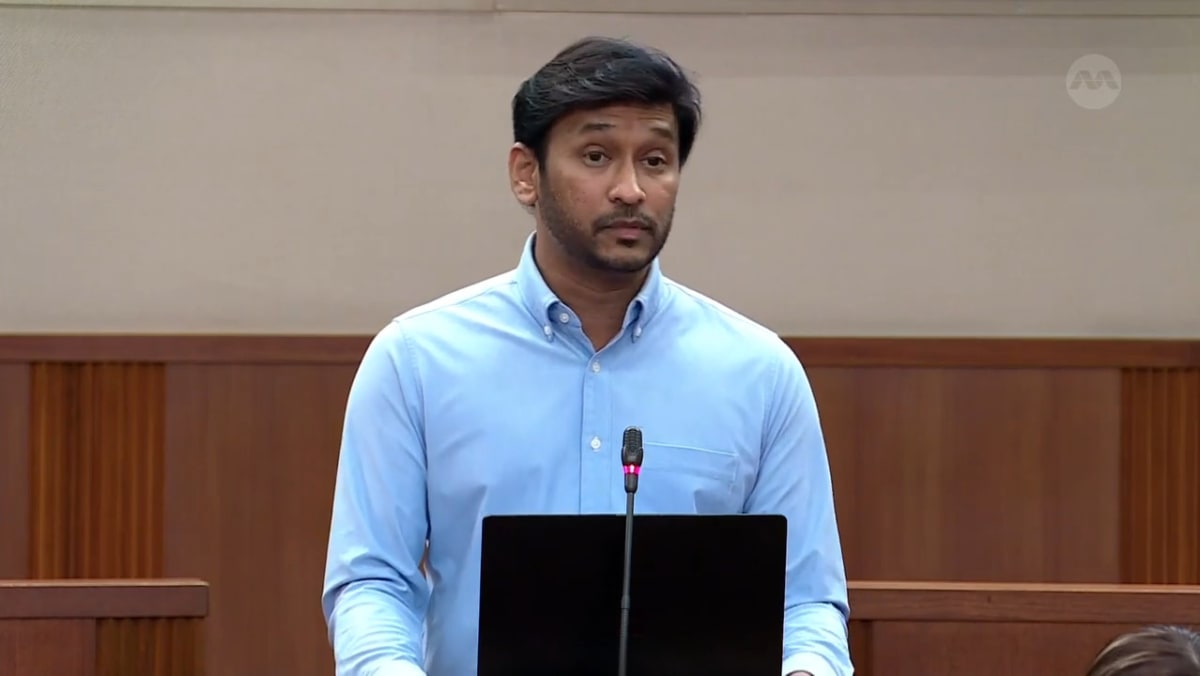
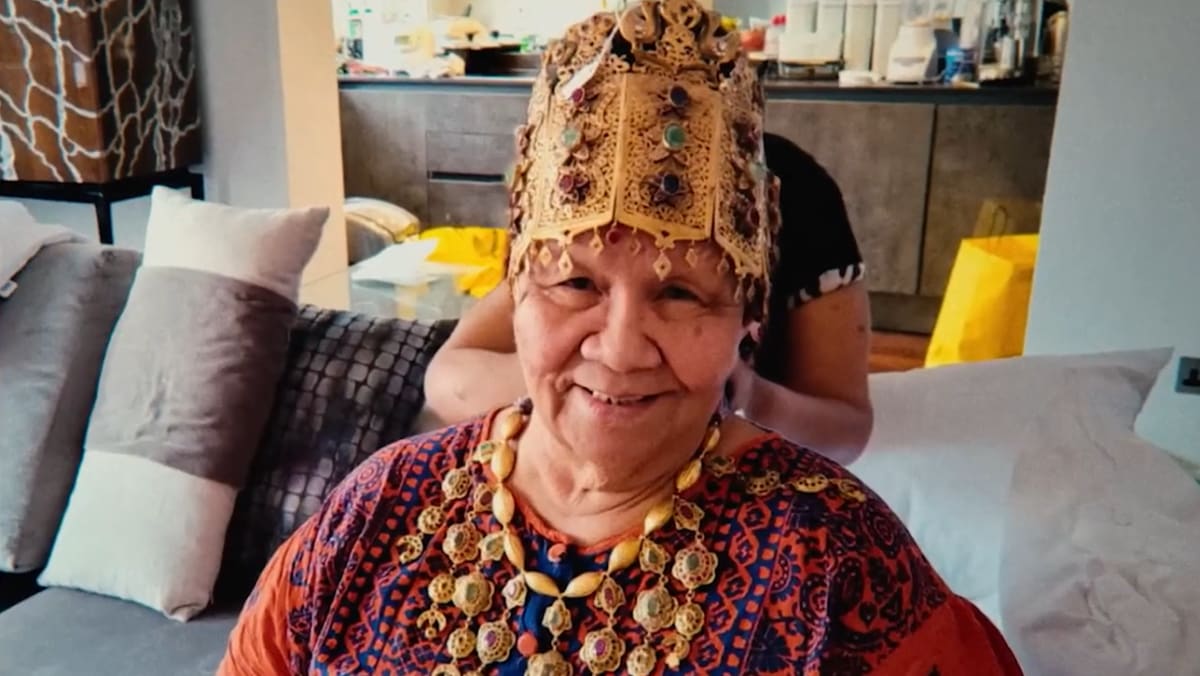
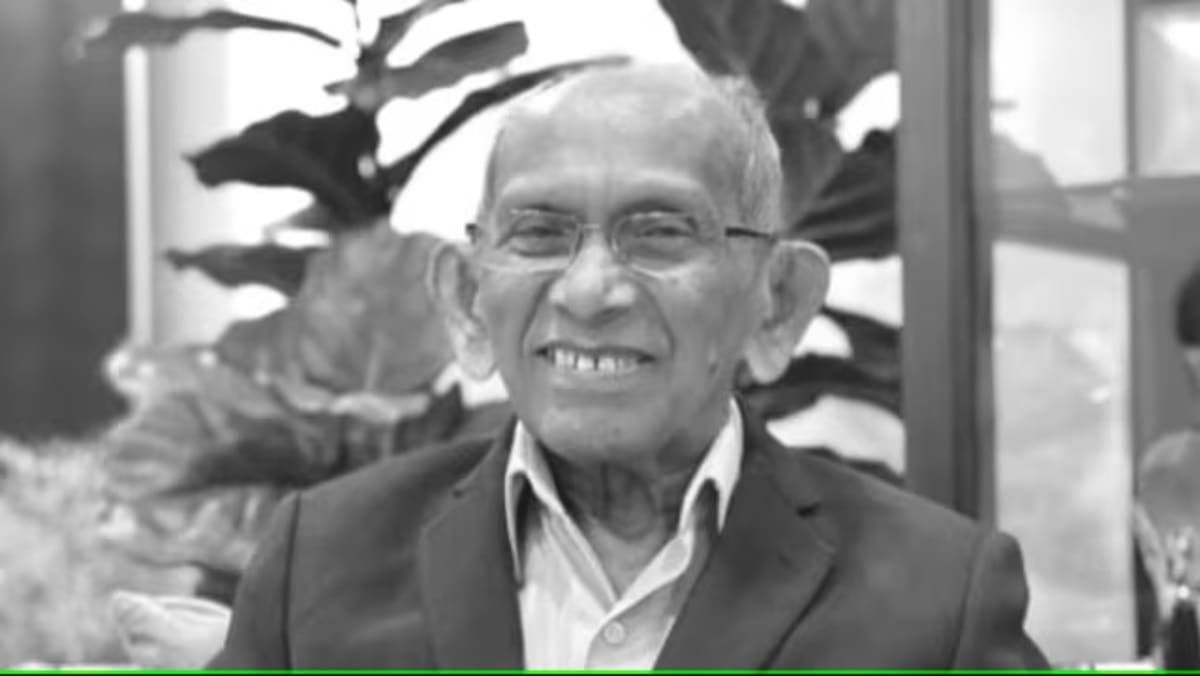










.png?itok=erLSagvf)


